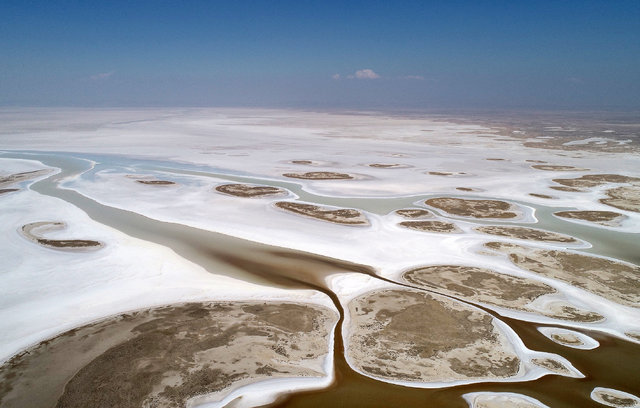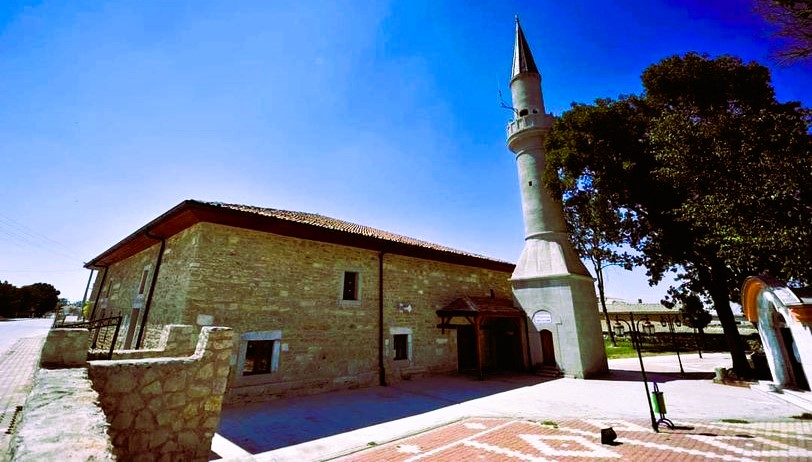Eskil is a district of Aksaray province in Türkiye's Central Anatolia Region. Located approximately 67 kilometers from Aksaray city center, Eskil is situated in the western part of the province. To the north of the district lies Cihanbeyli district of Konya, to its east Aksaray Central district, to its south Gülağaç, and to its west Konya province. Eskil stands out with its vast plain structure, fertile agricultural lands, and its location on the shore of Lake Tuz (Salt Lake), making it one of the centers of regional agriculture.
History
The history of settlement in Eskil dates back a long time. Archaeological studies show that the first settlements in the region extend to the Neolithic Age. Known to have been used as a settlement area during the Roman and Byzantine periods, Eskil also became a settlement center during the Seljuk and Ottoman periods. The name of the district is also mentioned in 16th-century Ottoman records. With Aksaray becoming a province in 1990, Eskil gained district status.
Geography and Climate
Eskil is located on a wide and flat plain. Most of the district's land is suitable for agriculture. While plains dominate the landforms, slightly undulating areas are also encountered in the southeast of the district. Located on the eastern shore of Lake Tuz (Salt Lake), the district has a natural habitat due to its proximity to this lake. The altitude of the district is approximately 950 meters.

Aksaray, Eskil - Salt Lake View (Eskil Municipality)
Eskil experiences a continental climate. Summers are hot and dry, while winters are cold and occasionally snowy. Precipitation generally occurs in spring and autumn. The vegetation is steppe; there are no natural forest areas.
Population and Demographics
According to data from the Turkish Statistical Institute for 2024, Eskil's total population is 27,205. The proportion of people living in the district center is higher than in rural areas. There are a total of 28 neighborhoods affiliated with the district. In recent years, especially with agricultural investments, an increase in the district's population has been observed.
Economy
Eskil's economy largely depends on agriculture and livestock farming. Products such as wheat, barley, alfalfa, and silage corn are grown in the district's wide and fertile plains. Greenhouse farming activities have also increased in recent years. In livestock farming, cattle and small ruminant breeding are prominent. Agricultural production forms the backbone of the district's economy.
Due to its location in the Lake Tuz (Salt Lake) basin, salt production was an important livelihood source in the district in the past, and continues to a limited extent today within the framework of environmental protection priorities.
Tourism, Culture, and Cuisine
Located to the west of the district, and largely within its borders, Lake Tuz (Salt Lake) is important for both its natural beauty and its salt production. In addition, the mounds located in the district reveal that the region has been settled since prehistoric times.
Ulu Cami (Grand Mosque), located in Eskil district center, is one of the places of worship and cultural structures with its architecture and historical texture.

Aksaray, Eskil - Ulu Cami (Eskil Municipality)
Among the prominent flavors in its cuisine are meat dishes, bulgur, and pastries. Also, homemade tomato paste, pickles, and erişte (a type of pasta) made with traditional methods are common in the district.


